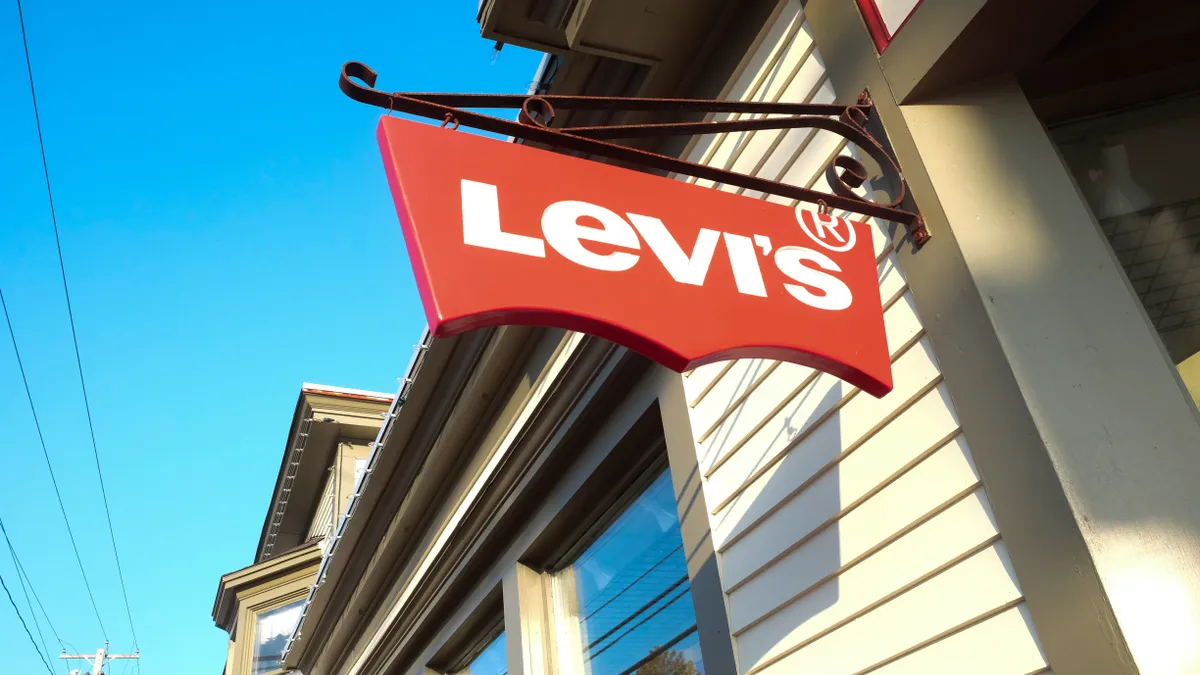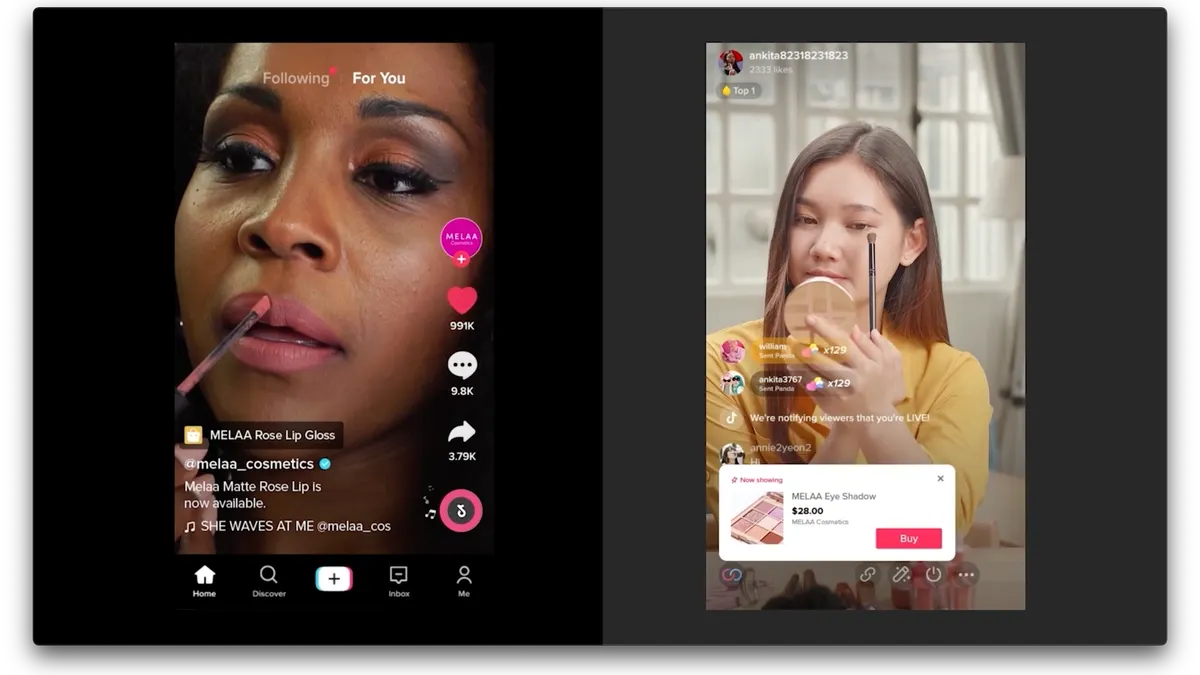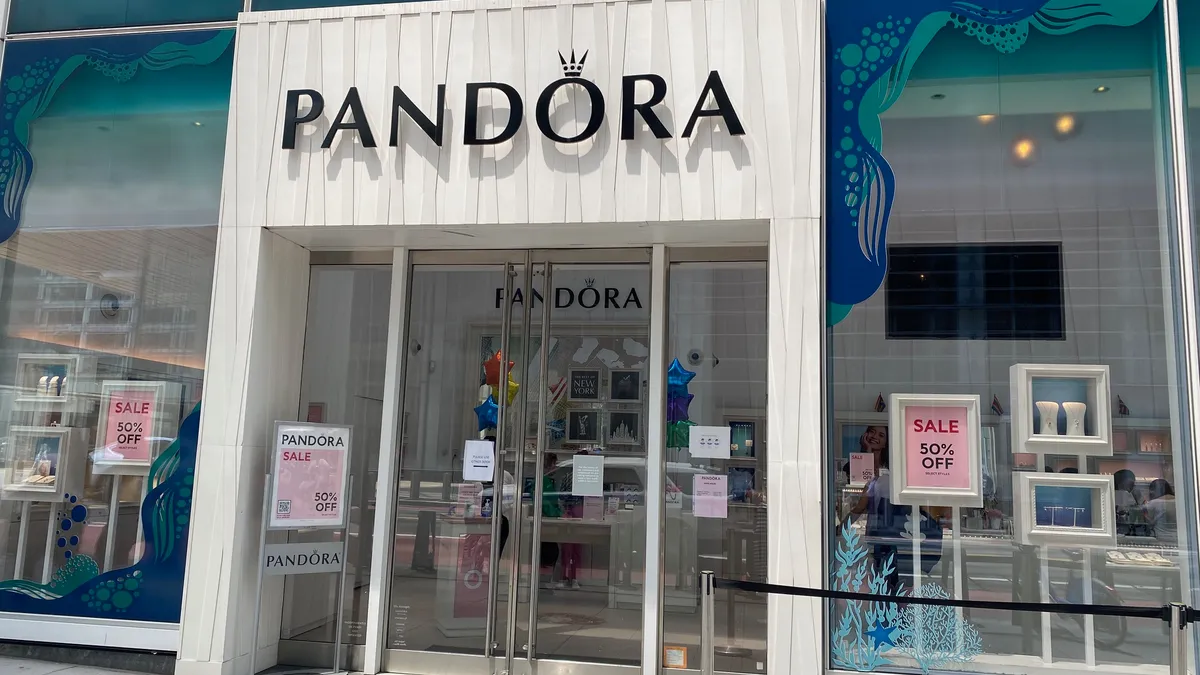Perhaps one of the most notable things, at least for retail marketers, about the recent New York Times story detailing marketers’ use of social media posts without user permission is that one visual marketing company, Olapic, endorsed the action.
“A spokeswoman for Olapic said in an email that brands do not always need to ask for permission to use a photo on their websites,” reads the New York Times piece, “because users can give implied consent by tagging a company in their posts.”
But experts Retail Dive spoke with vehemently disagree. While there’s some consensus that this is an evolving area, with best practices still to be forged, our experts tell us that retailers will gain much, and lose little, if they take care to seek explicit permission from fans who post about them on social media.
“I believe in a connected world,” Tara Kelly, founder-CEO of voice messaging platform SPLICE Software, told Retail Dive.“I believe that we’re safe together. But we’re living in a world that wants transparency.”
Shifting role of social media
Retailers and marketers are pushing the envelope, propelled in part by social media companies themselves, which are increasingly working to make their sites more profitable by making them more useful for marketing and purchasing. But the mix of commercial and personal isn't always perfect.
“Social media didn’t start as a way for brands to sell product," Cole Haan CMO David Maddocks told Digiday. "It began as a way for people to create and develop connections with other people in their lives.”
But social media sites are natural channels for marketing, rich as they are with content. The visuals, the exclamation-point littered liveliness, the ability to connect so easily and communicate so readily via hashtags, all make social media content ripe for marketing.
Facebook-owned Instagram just reported that it has 400 million active users worldwide, hosts some 80 million new pictures each day that attract about 3.5 billion likes, and that its users have shared 40 billion photos so far. But there's a right way and a wrong way to tap into what are also important conduits of personal expression and human interaction.
“There hasn’t been a clear and fast rule about how companies should be behaving,” said Michael Harrison, product marketing manager of user-generated content marketing solutions firm Bazaarvoice, who wrote a blog post on the topic, in an interview. “But we believe that best practices are, under any circumstance when content is posted, that the company get explicit permission.”
Ask and disclose
Anything less than this explicit permission could invite customer and possibly even regulatory or legal backlash, experts say. Some consumer advocates have focused on privacy protections that they say are entrenched in this country, going back to the 19th century, but which are still easily applied to social media. Facebook famously had to contend with lawsuits — and user backlash — when it attempted to leverage its users’ photos and posts in advertising, a practice it ended last year. These issues are further complicated when such photos or posts involve children.
While so far the Federal Trade Commission has focused on transparency and disclosure of paid mentions, reviews, or endorsements via social media, the agency is definitely stepping up its scrutiny of social medial marketing in general.
That has many lawyers and public relations experts telling their clients “when in doubt, disclose” when it comes to paid endorsements over social media. That’s also a good rule of thumb for retailers when it comes to availing themselves of the spontaneous show of love that many users show for their favorite brands.
“It is a great compliment when a person posts something about your brand,” Harrison says. “It’s something that’s visible to their friends on that network as well and gives further validation to your product. There’s a lot of brand loyalty that can be built through this process. In any context when you look at social platforms, though, a lot of assumptions about what people think should be done rarely match up with what people think will be done. So seeking permission explicitly should be the direction that every retailer travels when they want to use social media."
Privacy concerns in this area are also exacerbated by parallel concerns over the government's and corporations’ access to personal data, which have most visibly been breached by hacks of payment systems in recent years.
While many younger people seem to be sharing — even over-sharing — on social media, that doesn’t mean they believe they've automatically handed over their consent for institutions, private or public, to use that for their own purposes, Kelly says. That includes when users hashtag their posts with the brands' names or slogans.
“Asking consent, there’s an absolute requirement to do that,” she says. “If you think a photo is alarming — they’ve got their fingerprints, they’ve got their voice prints. Just think about it and you’ll quickly realize that a human being has a right to interact with a brand, anywhere the brand is present, on their own terms.”
A no-brainer
Bazaarvoice uses digital tools in its work with brands, to find posts that have potential be valuable to them, as well as a team of real people to make more subtle calls about usability and fit. And, as with its strict rules to keep product reviews authentic for its clients, the firm has baked in the process ways to seek permission to share those spontaneous posts from users and fans. Permission is granted more than 90% of the time, making that step a no-brainer, says Matt Krebsbach, Bazaarvoice director of global public & analyst relations.
“Just thinking abut the stat of better than 90% approval, there’s no reason not to ask permission,” Krebsbach says. “The act of asking for permission does not decrease the wealth of content that the retailer is going to be able to use. So why not build that good will? The implications of not asking for permission far outweigh the time and resources it takes, or the small likelihood that you won't get permission.”
Kelly agrees, and says that social media is more or less a reflection of natural human interactions. In any relationship, people expect to be consulted or notified before someone they know uses something of theirs. If retailers view their relationships with their customers as long-term ones, getting permission to leverage something as personal as their photos or posts is a given, she says.
“The customer has a right to have a say in the relationship, and you have to honor that,” she says. “It’s not just a copyright, it’s a human right. Everybody is talking about customer experience and the brand experience. If you’re so confident that your customers would be happy to share, then if you ask permission, they’re going to give it to you.”






















